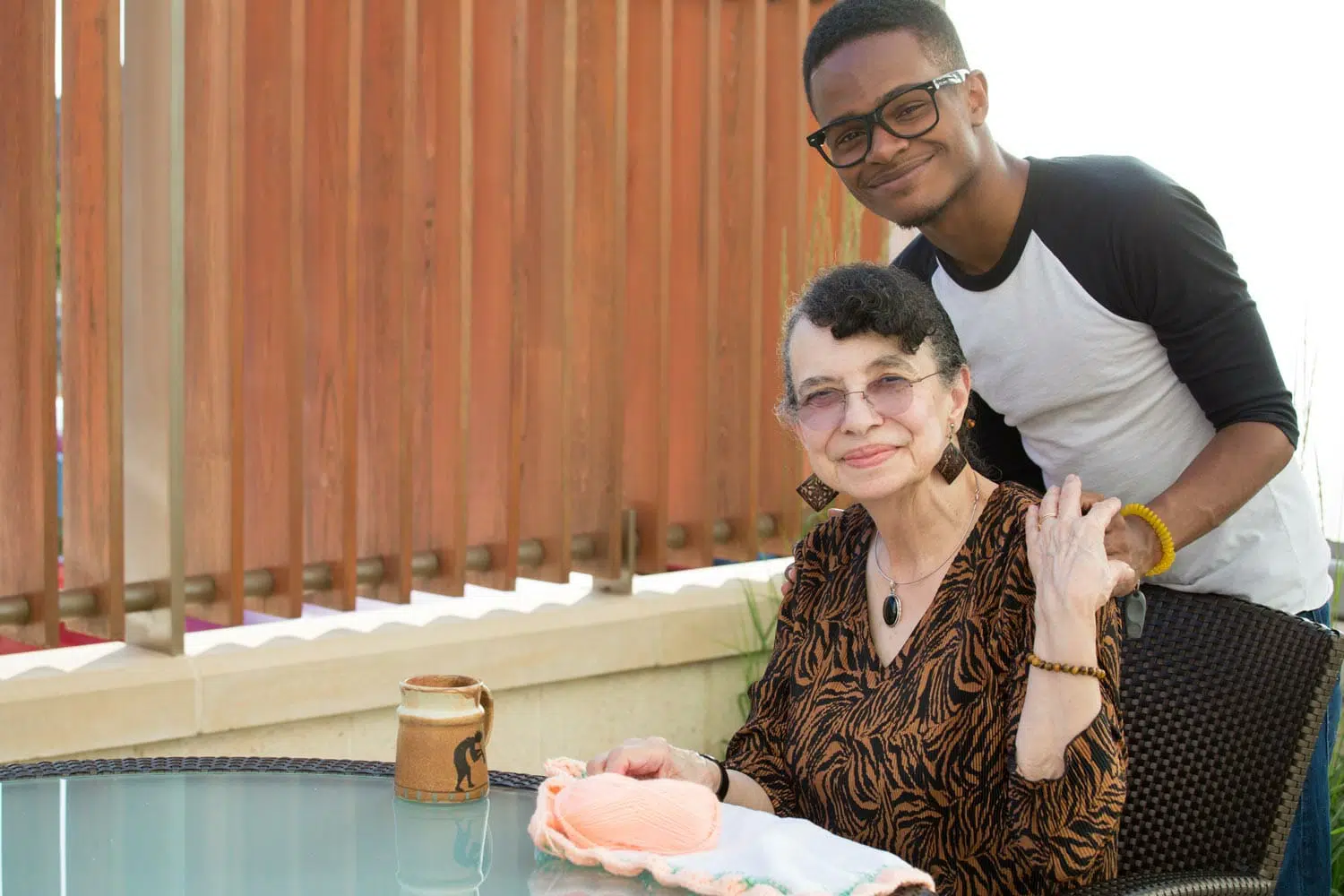The end of World War II saw an abrupt spike in the rate of marriages in America, says a report from The Washington Post1. The same year saw a spike, too, in the number of divorces. The post-WW II divorce rate was nearly five in 1,000 people, an astoundingly high figure. Still, marriage rates far outpaced divorce rates, as they still do. Yet people whose prime years were from the 1940s to about the 1970s remember divorce as an exceedingly rare and, sometimes, shameful thing. Explaining to different generations of your family that you are divorcing your wife can be painful, awkward, and embarrassing. Here is a guide to breaking the news of a divorce to family members.
Breaking It to Young Adult Relatives
Adventurous, eager, and curious, young adults 20 to 27 necessarily spend a lot of time worrying about themselves and their new worlds. Your marital issues are generally not important to them unless your divorce will personally affect their lives in some way.
This age group is primed for a short-but-sweet story, what Psychology Today calls a “Divorce Elevator Speech:”
- Define the divorce — “Your aunt and I are getting a divorce because we think we will be better apart, as friends to each other”
- Explain their role in your divorce — Weird as this is, people naturally want to step in and have some part in the process (or drama), so lay out acceptable actions for them; for nieces and nephews who have almost nothing themselves, their roles will be sharply limited
- Provide a closing, or way to move on — “So, while I am sure we will talk some more about me, how are things with you, with classes/your new job/your band?”
Braving The Middle Ages
Older brothers, sisters, uncles, aunts, and similar middle-aged family members have already seen a lot of life’s vicissitudes, so your news will likely not cut deeply. Expect to be the talk of family circles, but in many cases the chatter does not move their needle much past idle gossip.
Divorce, though still rare (the Centers for Disease Control puts Virginia’s divorce rate at only 3.15 per 1,000 population for 2015), is common enough that it seldom solicits much attention any more among 40- to 50-year-olds.
Take note of three reminders when you talk to these middle-aged relatives:
- Do not demonize your ex-wife to your extended family and peers
- Enlist one sibling as a confidante
- Avoid divulging every nook and cranny, sordid detail and unpleasant moment of your marriage to your family members
Keep adult siblings, aunts and uncles updated with short news bites, nothing overwhelming. Do not wear out your confidante. Frequently ask your uncle or sister if a mental health break would help. Remind her or him you hope only to talk things out, not expect her or him to solve every problem.
Keep a careful ear out, too, for the relative who wants all the sordid details. That is a bad sign, and one that will come back to bite you should you feed that gossipmonger. If the information spreads back to your wife, she can subpoena your confidante as a witness against you. The last thing you want is to see your Aunt Gabby up on the stand, recounting all the grim, embarrassing details you shared with her.
Approaching Patriarchs and Matriarchs
We recommend a thoroughly thought-out plan before sharing your news with your own Mom and Dad. Parents ideally will be supportive, but your news may throw cold water on their dreams:
- Grandchildren
- Family reunions
- A larger care network as they age
You also have baggage going into that conversation:
- Disappointing your parents
- Being judged harshly by them
- Destroying family tradition
- Reverting to inappropriate roles in which parents tell you what to do
- Hearing, “I told you so!”
It’s wise to have a multi-step plan ready when you tell Mom and Dad the life-altering news in person:
- Give a reason for the divorce
- Explain your plan for the future
- Outline how they can help
- Politely but firmly stop their argument to stick with an unhealthy marriage
- If you and your wife have children, your parents will still cross paths with your ex-wife because of their grandchildren
Reassuring the Grandparents
Grandparents may show more empathy and compassion for you than, perhaps, your own siblings. Be short and direct, and expect them to plumb emotional depths, say relationship experts at XO Jane. They have seen many relationships come and go in their long lives, so they will naturally mourn for your loss of what might have been.
Grandparents share the privilege of spoiling your children, so when you say you are divorcing, grandparents may worry about that opportunity slipping away. Reassure them they will still connect to their grandkids.
Call the Divorce Attorneys for Men
Many people under 25 seldom use telephones to make actual calls. If you still know the lost art, call 757-383-9184 to speak with a divorce attorney from The Firm For Men, or contact us online. We can help you with every aspect of a Virginia divorce, from preserving and protecting your rights as a man, to communicating news and updates to family, friends and your own children.
1. https://www.washingtonpost.com/news/wonk/wp/2015/06/23/144-years-of-marriage-and-divorce-in-the-united-states-in-one-chart/?utm_term=.9888b5c8e0b1


